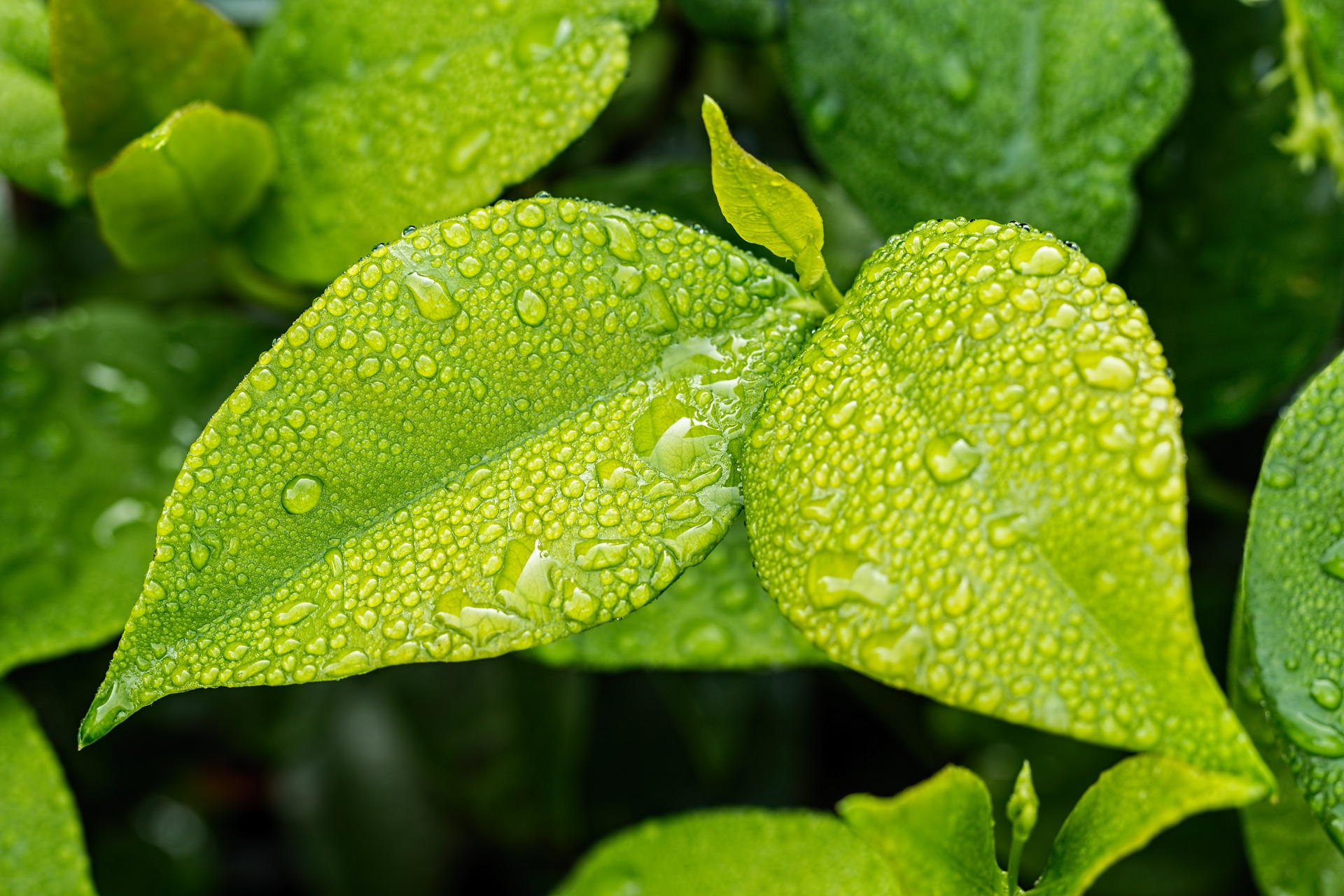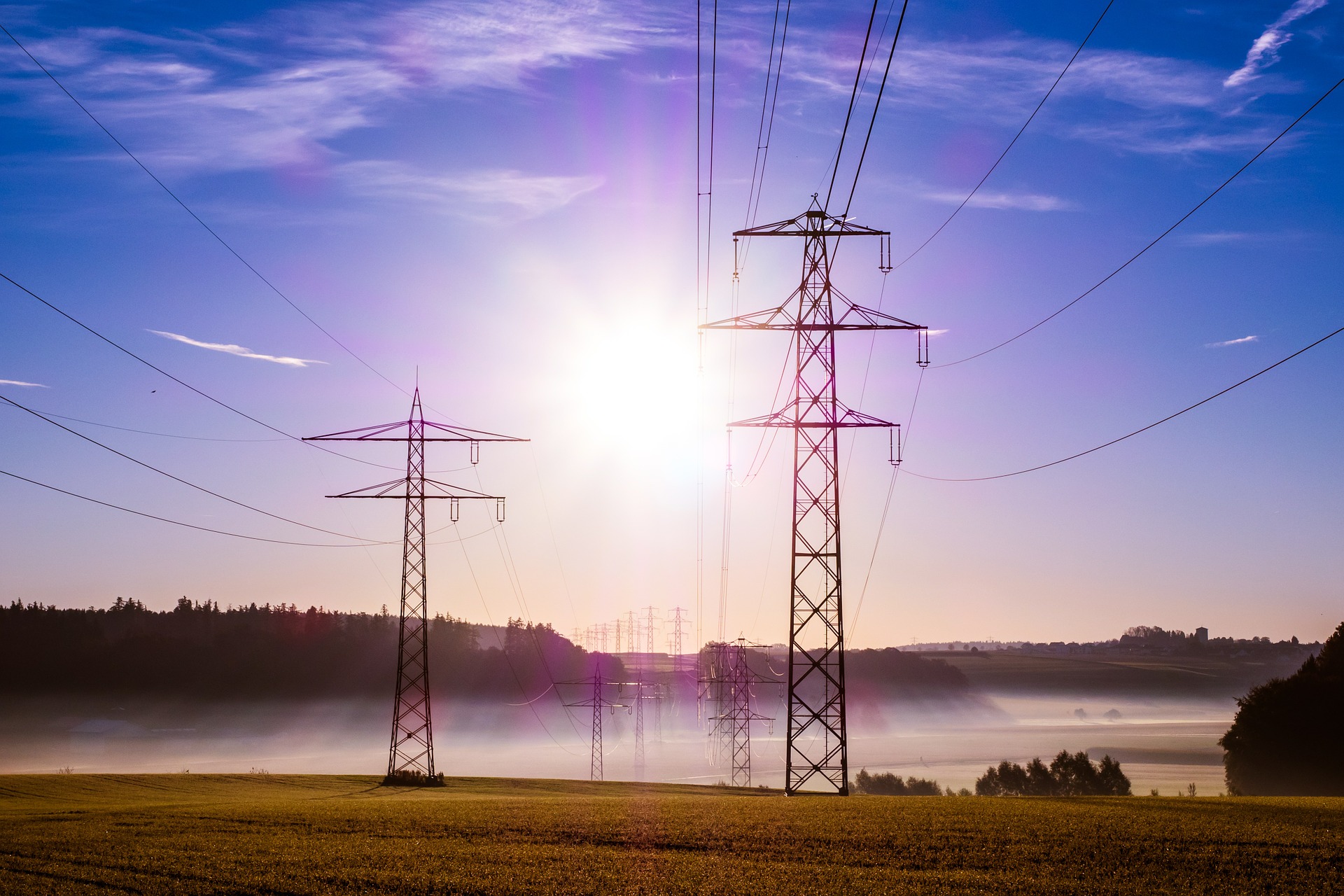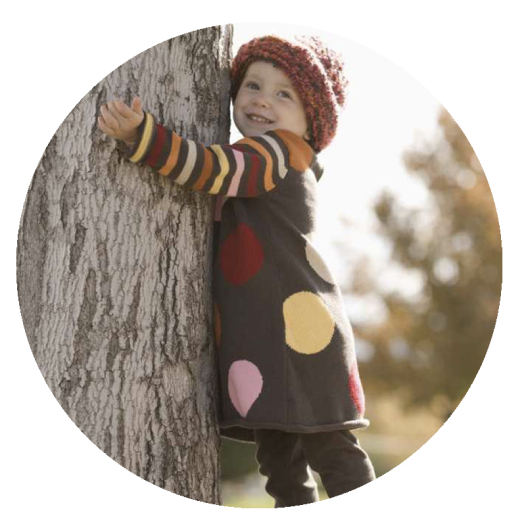Kicsiknek (6-10)
A környezet – és a természet védelméről kisiskolások számára
Hallottad már azt a szót, hogy ökológia? És tudod mit jelent? Az ökológia olyan tudomány, amely tanulmányozza a természetben fennálló kapcsolatokat a környezet megóvása érdekében. Ennek te magad is részese vagy. Nagyon sok cselekedeted hatással van a téged körbevevő környezetre és a természetre is.

Hogyan viselkedjünk a természetben?
Biztos te is szeretsz kirándulni és túrázni a szüleiddel vagy az osztálykiránduláson. Ha az erdőbe látogatsz, van néhány szabály, amit minden esetben be kell tartani a környezet egyensúlyának és békéjének megóvása érdekében. Így élvezhetjük a természet szépségét anélkül, hogy kárt okoznánk az ott élő állatoknak és növényeknek.
A természeti értékek fennmaradásáért mindannyiunknak aktívan tennünk kell. Az erdőben való viselkedésnek van néhány íratlan szabálya tehát:
- Soha ne szemeteljünk – Amikor a szüleiddel az erdőbe piknikeztek, alapszabály, hogy mindent hazavigyetek, amit odavittetek. Ez igaz a szemétre is. A kirándulás során keletkezett hulladékot (cukorkáspapír, papírzsebkendő, műanyag flakon stb.) soha ne dobáld el. Az arra kijelölt hulladékgyűjtőbe kell kidobni. Amennyiben nincs a közelben ilyen, rakd el a táskádba, vagy a zsebedbe, és otthon a megfelelő hulladékgyűjtő kukában kidobhatod.

- Ne csapjunk zajt! – Az erődben való hangoskodással megzavarhatjuk az ott élő állatok nyugalmát. Ezzel megrémíthetjük őket, és akár az otthonukat is lehagyhatják, azt hihetik menekülniük kell.
- Tudtad, hogy az IUCN (Nemzetközi Természetvédelmi Unió) 1963-ban javasolta a nemzeti természetvédelmi szervezeteknek, hogy készítsenek Vörös könyveket? A Vörös könyv egy ország vagy egy nagyobb régió kipusztult és/vagy veszélyeztetett növény és állatfajait ismertető könyv.
- Hazánkban 1989-ben jelent meg az első, amely 730 növényfajt és 400 állatfajt mutat be. A vörös a veszély színe, ezért az élet számos területén használjuk tiltás hangsúlyozására. A "Vörös Könyvek" az egész emberiséget szólítják fel a tiltás szavával az élővilág további pusztításának megakadályozására.

- Ne térjünk le a kijelölt utakról! – Soha ne hagyd el a kijelölt túraútvonalat, mert az erdőben nagyon könnyen el lehet tévedni. Ezen kívül ne szakadj le a csoportól, vagy családtól, ne bóklász egyedül. Kizárólag a kijelölt helyen lehet tüzet gyújtani az erdőben, felnőtt jelenlétében.

- Ne gyűjtsünk növényeket, állatokat! – Az erődben, természetben nem szabad letörni a fák ágait, növényeket gyűjtögetni, állatokat simogatni. Ezzel könnyen megbonthatjátok a természet kényes egyensúlyát.
- Hallottatok már arról, hogy az erdőket a bolygó tüdejének nevezik? Ennek az az oka, hogy a fák táplálékot és oxigént biztosítanak a bolygó minden életéhez. Tudtad, hogy még a hivatásos vadászok sem tehetnek meg bármit az erdőben? Az ő munkájuk nemcsak az állatok elejtését jelenti, hanem beletartozik a vadgazdálkodás, a vadvédelem, az állatok gondozása és esetleges befogása is. Széleskörű természetvédelmi feladatokat látnak. el. A vadászok tevékenységét törvények szabályozzák, szigorúan az év meghatározott időszakában mehetnek vadászni.

Hogyan vehetünk részt a környezetvédelemben?
Van pár dolog, amit te is egyszerűen megtehetsz. A környezet és a természetvédelem először otthon kezdődik. Fontos, hogy mindenki tegyen meg annyit, amennyit csak tud, hogy a bolygónk élhető maradjon a jövő generációi számára is. Néhány tipp, amivel te is segíthetsz:
- Igyekezzünk minél kevesebb szemetet „előállítani”. Ha tárgyainkat a lehető legtovább használjuk; megjavítjuk, amit lehet, a feleslegeseket pedig nem kidobjuk, hanem elajándékozzuk vagy elcseréljük. Például nem érdemes minden évben kivágunk egy fát az erdőből a karácsonyi ünnepekre. Kérd meg a szüleidet, hogy vásároljanak egy műfenyőt karácsonyra.

- Gyűjtsük szelektíven a hulladékot! – A különböző szemetet, hulladékot (pl.: üveg, papír, műanyag stb.) mindig a megfelelő hulladékgyűjtőbe kell elhelyezni. Amennyiben nem vagy biztos, hogy mit hova dobd, kérdezd meg a szüleidet vagy a tanárodat!

- Spóroljunk az energiával! – Amikor kimész egy szobából, kapcsold le a villanyt és kapcsold ki a tévét. Ezzel áramot takaríthatsz meg.
- Azzal is segíthetsz, ha otthon évszaknak megfelelően öltözöl. Télen, ha fázol, először bújj bele egy meleg pulcsiba, mielőtt feltekernéd a fűtést. Energiát spórolhatsz azzal is, ha biciklizel, vagy elsétálsz az iskolába, ahelyett, hogy a szüleidet kéred meg arra, hogy vigyenek el kocsival.

- Spóroljunk a vízzel! - Sajnos vannak olyan földrészek, ahol a víz szinte kincsnek számít. Tusolj le gyorsan, használj fogmosó poharat, hogy vizet és pénzt spórolhass.

- Mutassunk példát! - Ha megfogadod ezeket a tanácsokat, igazi környezettudatos egyénné válhatsz, aki pozitív példát mutat a környezetüknek. Beszélgess erről a szüleiddel, a barátaiddal és az osztálytársakkal!

Honnan jön a megújuló energia?
Most már tudjátok, hogy lehet spórolni az energiával. De honnan is jön? És mit kell tudni róla?
Az energia nem csak az ipar, a kereskedelem és társadalom számára alapvető fontosságú, hanem az emberek kényelmét is szolgálja, valamint a közlekedés szempontjából is elengedhetetlen.
Ugyanakkor környezetünk számára az energia termelése és fogyasztása lényeges terhelést jelent, főleg a fosszilis energiahasználat (szén, kőolajat, földgáz stb.): üvegházhatású gázok és a levegő egyéb szennyezőanyagainak kibocsátásával és hulladéktermeléssel jár.

Ezek hozzájárulnak az éghajlatváltozáshoz, ezért is kiemelt fontosságú a megújuló energiahasználat ösztönzése. Ilyen megújuló energiaforrás a napenergia, a biomassza, a szélenergia, a vízenergia, a geotermikus energia stb. Gondolj csak bele, a megújuló energiaforrások körbevesznek minket. Például, amikor a szülinapodon elfújod a tortádon a gyertyát, egyszerű szélenergia keletkezik.

Ezekre az a jellemző, hogy nem fogynak el, és többségük a környezetre és az élőlényekre nem, vagy nem olyan mértékben káros, mint a nem megújuló energiaforrások.
A napenergia használata nem újdonság, hiszen az állatok és növények életben maradásának feltétele. A növények még az élelmüket is a napból érkező napenergia segítségével állítják elő (fotoszintézis).

A napfény összegyűjtésére a napelemeket használjuk. Naperőművekben alakítják át a napenergiát elektromos árammá, így válik felhasználhatóvá a háztartásokban. Végül így jut el hozzátok a „napfény”, amikor bekapcsolod a számítógépedet a szobádban.
Way out of EnergyTrap
(Kiút az Energiacsapdából)
PARTNERSHIP WITHOUT BORDERS











